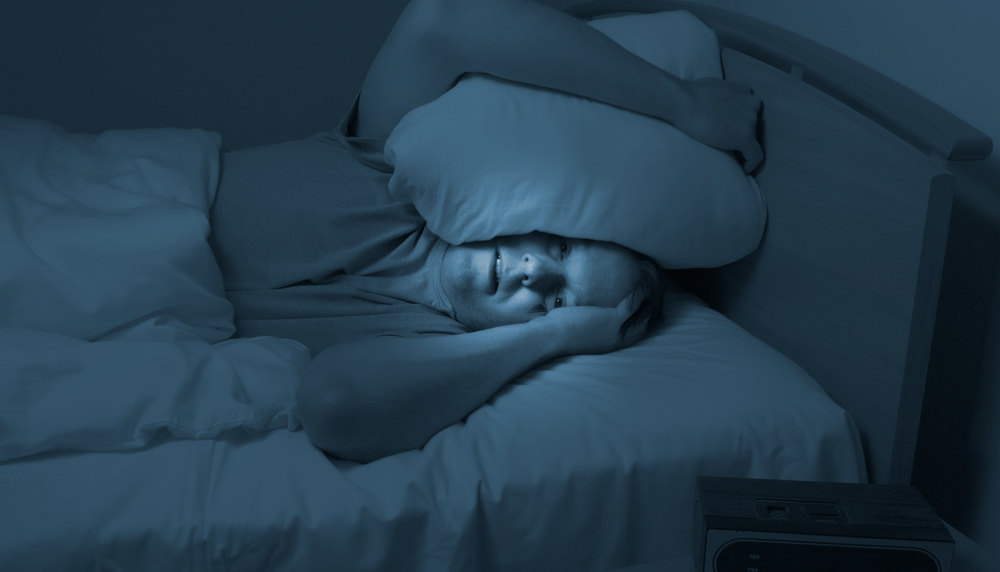Sleep Disorders
Sleep disorders can impact overall well-being, cognitive function, and physical health, and often require diagnosis and appropriate treatment to restore healthy sleep patterns.
The National Institutes of Health (NIH) provides recommendations for the treatment of sleep disorders related to aging. As sleep disorders in older adults can have various causes, treatment options depend on the specific sleep disorder and its underlying factors. Here are some commonly recommended medical treatments for sleep disorders related to aging:
Insomnia:
- Cognitive Behavioral Therapy for Insomnia (CBT-I): CBT-I is a non-medication treatment approach that focuses on changing thoughts and behaviors related to sleep. It is considered the first-line treatment for chronic insomnia in older adults.
Sleep Medications:
In some cases, short-term use of sleep medications, such as sedative-hypnotics or low-dose sedating antidepressants, may be prescribed to help improve sleep. However, these medications are generally recommended for short-term use due to the potential for side effects and dependency.
FDA approved medications for insomnia include:
- Benzodiazepines: Examples include temazepam (Restoril) and estazolam (Prosom). These medications help induce sleep and may be prescribed for short-term use.
- Non-Benzodiazepine Hypnotics: Medications such as zolpidem (Ambien) and eszopiclone (Lunesta) act on the same receptors as benzodiazepines but have a different chemical structure. They promote sleep and can be used for short-term or long-term insomnia management.
- Orexin Receptor Antagonists: Suvorexant (Belsomra) is a newer medication that works by blocking the action of orexin, a neurotransmitter involved in promoting wakefulness. It is used for the treatment of insomnia.

Restless Legs Syndrome (RLS):
Medications: Certain medications, such as dopamine agonists, opioids, anticonvulsants, or benzodiazepines, may be prescribed to
alleviate symptoms and improve sleep quality. The choice of medication depends on individual factors, including the severity of
symptoms and potential side effects.
Dopamine Agonists: Medications such as pramipexole (Mirapex) and ropinirole (Requip) mimic the effects of dopamine in the brain, which helps alleviate symptoms of RLS.
Other Sleep Disorders:
Treatment options for other sleep disorders related to aging, such as periodic limb movement disorder (PLMD), narcolepsy, or REM sleep behavior disorder (RBD), may include medication, behavioral interventions, or a combination of both. Treatment approaches are tailored to the specific disorder and individual needs.
It’s important to note that treatment plans for sleep disorders related to aging should be individualized based on a comprehensive evaluation by a healthcare professional with expertise in sleep medicine. They will consider factors such as the specific sleep disorder, overall health, medication interactions, and potential risks or benefits of treatment options. Additionally, adopting good sleep hygiene practices and making lifestyle modifications, such as maintaining a regular sleep schedule, avoiding stimulants close to bedtime, and creating a comfortable sleep environment, can contribute to better sleep and overall well-being.
Some patients may find relief from arthritis symptoms through complementary and alternative therapies, such as acupuncture, massage, or herbal remedies. While evidence for their effectiveness varies, the MD may discuss these options with the patient and consider them as part of a comprehensive treatment approach.
It’s important to note that the treatment of arthritis should be personalized to each patient’s unique needs and consider any comorbidities or individual factors. An MD, in collaboration with the patient, can create a tailored treatment plan focused on managing
symptoms, slowing disease progression, and promoting longevity.

